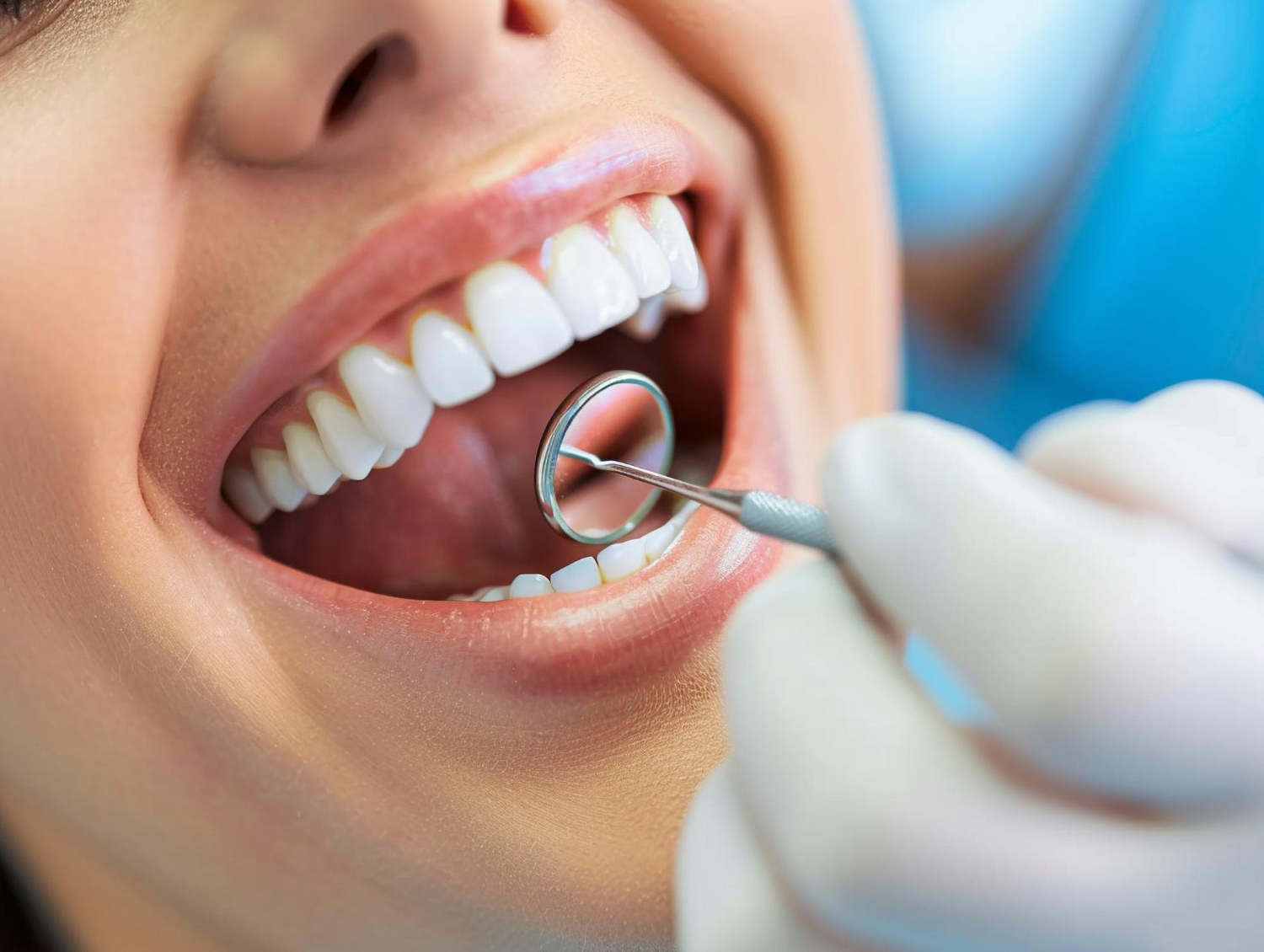Tooth decay doesn’t always have to lead to painful drilling and anxiety-inducing appointments. Thanks to newer dental techniques, there are far more comfortable and effective ways to treat cavities without going straight for the drill. People who dread the idea of traditional fillings now have access to options that are gentler, kinder to teeth, and designed with long-term health in mind.
Minimally Invasive Resin Infiltration for Early Decay
Resin infiltration might sound complicated, but it’s actually one of the simplest ways to stop cavities before they grow. This method works best in the early stages of decay—those small white spots that haven’t yet turned into full-blown holes. The dentist applies a special liquid resin that seeps into the weakened enamel, strengthening it from the inside out without needing to drill.
The beauty of resin infiltration lies in its ability to preserve the tooth almost entirely. It’s quick, painless, and doesn’t require anesthesia. Plus, it blends naturally with the surrounding enamel, making it a great choice for visible areas. If you’ve ever noticed faint spots on your teeth and worried they were heading toward cavities, this treatment may be the solution that stops decay in its tracks.

Air Abrasion Techniques for Drill-Free Cavity Treatment
Air abrasion uses a fine stream of particles to gently remove decayed parts of the tooth. It’s a lot like sandblasting, but much smaller and more precise. Because there’s no traditional drill involved, patients often feel little to no discomfort. This method is especially effective for small cavities or for cleaning out older fillings without touching healthy tooth structure.
Air abrasion also comes with the added benefit of reducing the need for anesthesia. Many patients report feeling more at ease during these treatments because they don’t hear the usual sounds or experience the vibrations associated with drilling. It’s a quiet, comfortable approach that helps people stay relaxed in the chair while still receiving thorough care.
Biomimetic Dentistry Approaches to Preserve Natural Tooth Structure
Biomimetic dentistry focuses on mimicking the natural function and structure of your teeth. Instead of removing large portions of a tooth to place a filling or crown, this approach uses layered materials that behave just like real enamel and dentin. The goal is to keep as much of the original tooth as possible while still restoring strength and durability.
Dentists using biomimetic techniques often rely on strong adhesives and flexible materials that move with the tooth, rather than against it. This reduces the risk of future cracking or breaking, making it a long-lasting solution. It also means less invasive procedures, shorter recovery times, and better outcomes overall—especially for those who value their natural smile.
Silver Diamine Fluoride as a Non-Drilling Alternative
Silver diamine fluoride (SDF) is a powerful liquid that can stop cavities in their tracks without any drilling. It’s brushed onto the decayed area and immediately starts working to kill bacteria and harden the softened tooth. SDF has become especially popular for treating young children, the elderly, or anyone anxious about traditional dental tools.
One thing to note is that SDF can stain the decayed area black, though the surrounding healthy enamel stays white. For back teeth or non-visible areas, it’s a great way to treat decay with almost zero discomfort. It’s fast, effective, and works well as part of a broader treatment plan to control ongoing dental issues without invasive procedures.
Therapeutic Fluoride Treatments to Halt Early-Stage Cavities
Fluoride treatments aren’t just for kids—they’re a serious tool in the fight against early decay. Applied in concentrated gels or varnishes, fluoride can strengthen enamel and help reverse the earliest signs of cavity formation. These treatments work best when decay is just beginning, before it reaches deeper into the tooth.
Regular fluoride application can reduce sensitivity, support remineralization, and make teeth more resistant to acid attacks from food and drink. It’s a gentle yet powerful solution that dentists often recommend as part of a preventive care routine. This method offers a safe and non-invasive way to protect your teeth and slow down decay without the need for fillings.
Laser Dentistry Solutions for Comfortable Cavity Removal
Lasers have made their way into modern dentistry, and they’re changing how cavities are treated. Using focused light energy, dentists can remove decay with pinpoint precision—no drilling, no pressure, and often no need for anesthesia. Laser dentistry minimizes damage to surrounding tissues and makes recovery quicker.
Beyond cavity removal, lasers can also sterilize the area being treated, reducing the risk of future infection. Many people find laser treatments more relaxing, especially those with dental anxiety. It’s a clean, quiet method that makes it easier to address dental issues while keeping the experience stress-free and efficient.
Enamel Remineralization Methods for Strengthening Teeth Naturally
Enamel doesn’t grow back, but it can be strengthened through remineralization. This process involves using calcium- and phosphate-rich products that help rebuild the outer layer of the tooth. Special toothpaste, mouth rinses, and dietary changes can all support remineralization, making it possible to stop early decay without a single dental tool.
Dentists often recommend this approach alongside other preventive care methods. It’s especially effective for people with dry mouth, acid reflux, or high sugar intake—conditions that strip enamel over time. With consistent care and the right products, you can naturally rebuild a strong, healthy barrier that protects against future cavities.
Ceramic Inlays and Onlays for Conservative Cavity Repair
When a cavity is too large for a filling but doesn’t need a full crown, ceramic inlays and onlays offer the perfect balance. These custom-made pieces fit precisely into the damaged area and restore the tooth without removing any more enamel than necessary. The result is a strong, beautiful tooth that still feels like your own.
These restorations bond tightly to the tooth and last for years, often outperforming metal fillings. Because they’re made from tooth-colored materials, they blend seamlessly with your natural smile. It’s a conservative and effective way to repair decay while preserving the structure and function of your original tooth.
Discover Gentle, Modern Dental Care at Smiling Creek Dental to Protect and Restore Your Natural Smile
Your smile deserves care that’s both thoughtful and modern. At Smiling Creek Dental, gentle treatments and patient comfort come first. Whether you’re dealing with early-stage decay or just want to keep your teeth healthy for years to come, our team focuses on preserving your natural smile using the most advanced techniques available.
From drill-free options to state-of-the-art technology, every solution is designed to make your dental visit calm, comfortable, and effective. Don’t wait until discomfort turns into damage—Contact us today to learn how Smiling Creek Dental can help you protect your teeth with care that’s as gentle as it is effective.





